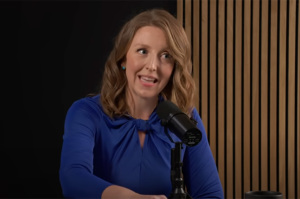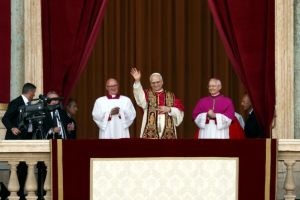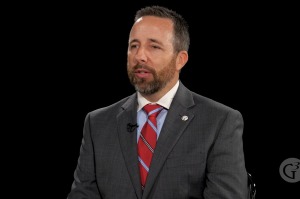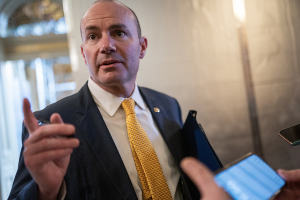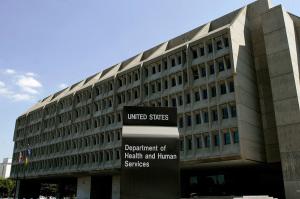Egypt's Christian-Muslim Gap Growing Bigger
The divide between Egypt's Coptic Christian community and the Muslim majority is growing bigger as an increasing number of Christians are cutting ties with Muslim neighbors and turning to the Church for all their social needs.
Many Christians in Egypt are now sending their children to schools run by the Church, letting their children play on all-Christian soccer teams, and moving to all-Christian neighborhoods. The trend is in part a reaction to increased persecution by Muslim extremist groups that have grown in Egypt in recent years.
"When we all go together as Christians on those things (vacations to holy sites), we feel like we're one," said Ayad Labid Faleh, a Coptic Christian living in a Christian neighborhood in Cairo, to The Washington Post. "We're secure, and we're able to relax," he said.
But across town in a Muslim neighborhood, a man recalls fondly memories of Christian childhood friends. Now, he said, all the Christians have disappeared from the neighborhood.
"We used to eat together, play together," said Abdul Aziz. "Honestly, I don't understand how it has come to this."
However, Aziz believes it is the Christians who have decided to change the relationship.
"They didn't used to sit to one side like this. They used to mingle. Now their lives are all centered around the church," he said.
"I get the feeling they don't want me to be part of their life. I get the feeling they are being told to be like this," he said. "And it makes me defensive.
For centuries, Christians and Muslims have lived side-by-side in peace. The Apostle Mark founded the Coptic Church in the 1st century when he brought Christianity to Egypt. Then Muslims brought Islam to Egypt in the 7th century. After several centuries of conversion, Egypt now has a Muslim majority.
Some have pointed to Coptic Pope Shenouda III as the reason for Christian's growing isolation. Shenouda has installed programs to make the Church more central to the daily lives of Copts.
But Christian solidarity in Egypt is needed given the persecution endured by this community. Christians are discriminated in all areas of society, including economic opportunity to political representation. A Coptic congregation, for instance, needs to get presidential approval, before they can construct a church when Muslims can build a mosque without this special permit.
Moreover, Egypt's lack of religious freedom was apparent earlier this year in a high-profile court case involving a Christian convert from Islam. The country's highest court ruled that the convert could not legally change his religion to Christianity because according to sharia (or Islamic law), Islam is the final and most complete religion.
Convert Muhammad Hegazyhad had filed the unprecedented case because his wife was about to give birth to their first child and he wanted his daughter to be openly raised a Christian.
In Egypt, a child's registered religion is based on the father's official faith. Therefore, since Hegazy is officially Muslim, his daughter would not be able to enroll in Christian religious classes at school, wed in a church, or attend church services openly without harassment under Egyptian law.
Hegazy and his wife, who is also a convert from Islam, were forced into hiding after filing the case because of numerous death threats. Several of his lawyers also received death threats, forcing some to give up the case.
The Coptic Christian population in Egypt, with an estimated population of six to eight million, is the largest Christian community in the Middle East.
















